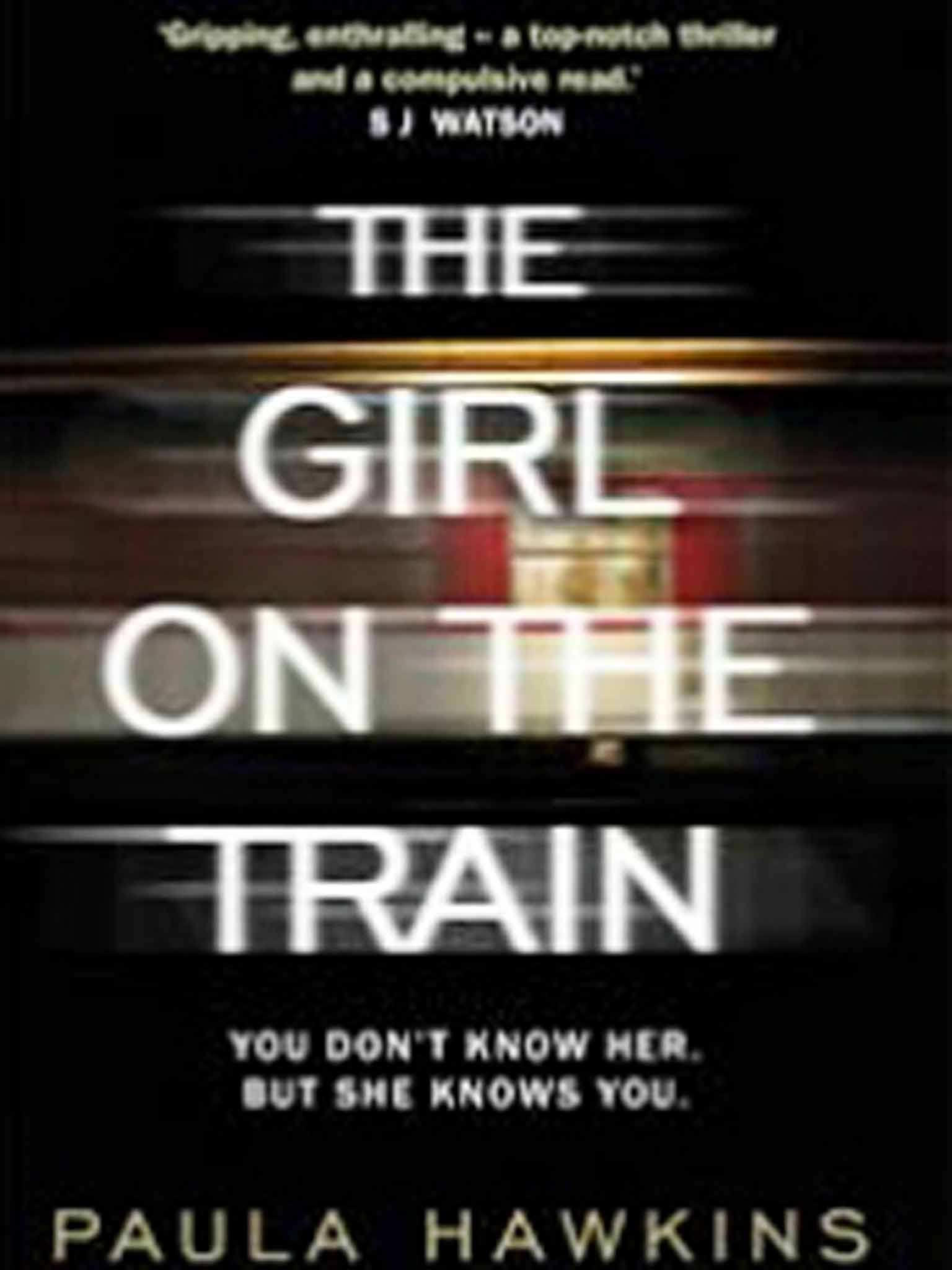Paula Hawkins’ publisher is pitching her debut novel at fans of an American blockbuster. "Looking for another Gone Girl?" the blurb asks. "She’s on the train…" Every weekday, Rachel catches the 08:04 from Ashbury to London and returns on the 17:56 from Euston. What does she do in between? Office work, we expect, until Rachel reveals that, months ago, she was sacked for drunkenness. Even more disconcerting is her obsession with a couple, "Jason and Jess", whose house she passes on her pointless commute.
It’s a good premise for a thriller. Who hasn’t gazed from a train window and imagined the lives of others? Initially, Rachel’s interest in "Jason and Jess" reminded me of the film One Hour Photo in which the late Robin Williams plays a loner who’s fixated on a family who embody the happiness and affluence he lacks. It’s no surprise that Hawkins’ novel, which reveals how Rachel came to crave the life she once had, has been optioned for film.
Her unornamented prose suits the suburban setting. One of the three narrators observes: "It’s a sleepy little street, tidy and affluent, with lots of young families; they’re all having their dinner around seven o’clock, or sitting on the sofa, mum and dad with the little ones squeezed between them, watching X-Factor." Sounds like hell but to Anna, wife of Rachel’s ex-husband Tom, it’s idyllic, or would be if Rachel stopped harassing them. The couple and their daughter live on the same street as "Jason and Jess", in Rachel’s old house, which is just about believable.
Rachel learns from the newspapers that "Jason and Jess" are really Scott and Megan, when the latter goes missing. Rachel believes she has important information because she spotted Megan kissing a mysterious man. We know from chapters narrated by Megan that she was sleeping with her shrink, Kemal, but will the police believe Rachel? Has Kemal bumped off Megan? What about jealous Scott? Or Rachel herself whose memories are clouded by booze? Is somebody else lurking?
The reader’s sympathies and suspicions shift as the story develops. Setting events on dates within the past two years means the novel’s world overlaps with our own, so we can ask ourselves where we were the night Megan disappeared, getting a flavour of the piecing together of recollections that absorbs Rachel. However, Rachel’s alcoholism feels like a plot device, not an illness. There’s too much narration of this ilk: "My head swims, my mouth floods with saliva…" The book explores power, betrayal, relationships, while ratcheting tension. Does it justify the publisher’s comparison? If you can see the bandwagon it’s probably gone.

Join our commenting forum
Join thought-provoking conversations, follow other Independent readers and see their replies
Comments